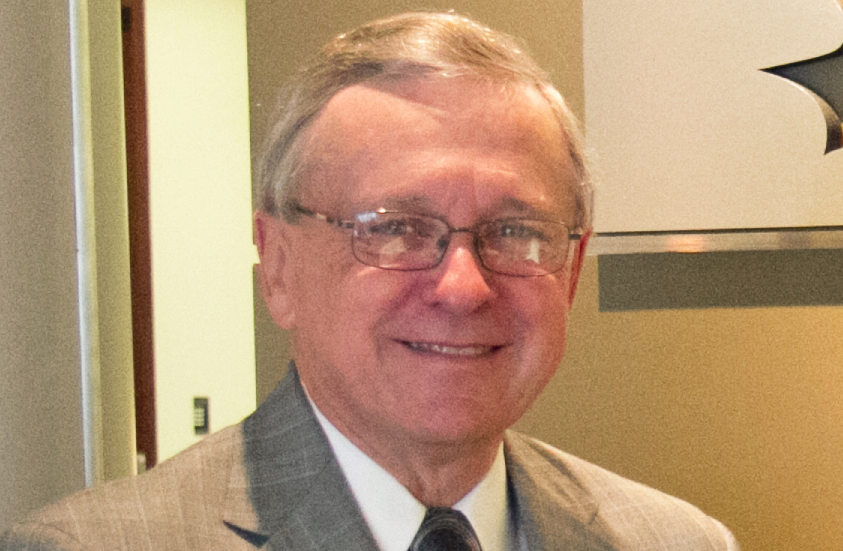332
Thursday's guest speaker at the weekly Minden Lions Club Luncheon was Minden's own Jack Byrd.
Byrd, president, CEO and chairman of the board of MBL Bank and Minden's Man of the Year in 2016, addressed a variety of issues including federal taxes, i
Jack Byrd speaks finances at Lions Club luncheon
previous post




